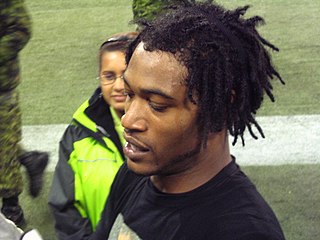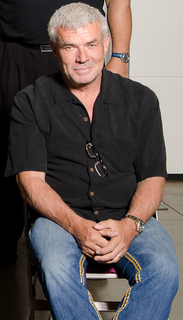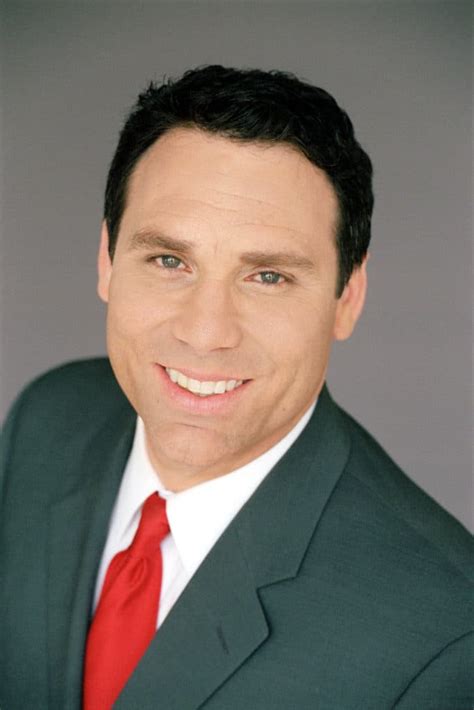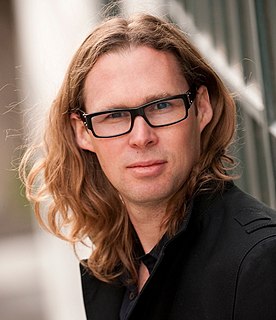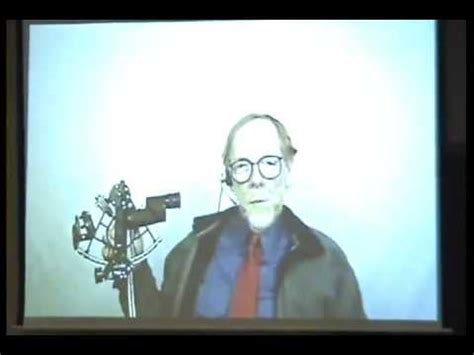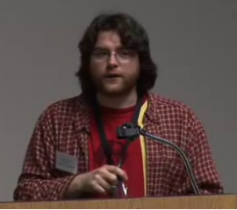A Quote by Erik Naggum
it's just that in C++ and the like, you don't trust anybody, and in CLOS you basically trust everybody. The practical result is that thieves and bums use C++ and nice people use CLOS.
Related Quotes
Trust is essential for our social wellbeing. Without trusting the good will of others we retreat into bureaucracy, rules and demands for more law and order. Trust is based on positive experiences with other people an it grows with use. We need to trust that others are going be basically reasonable beings.
Being vulnerable is allowing yourself to trust. That's hard for a lot of people to do. They feel a lot more secure if they kind of put walls around themselves. Then they don't have to trust anybody but themselves. But to allow you to trust not only yourself but trust others means - is what's required to be vulnerable, and to have that kind of trust takes courage.
When the trust is high, you get the trust dividend. Investors invest in brands people trust. Consumers buy more from companies they trust, they spend more with companies they trust, they recommend companies they trust, and they give companies they trust the benefit of the doubt when things go wrong.
Teams use trust as currency. If it is in short supply, then the team is poor. If trust abounds, the members of the team have purchase power with each other to access each others’ gifts, talents, energy, creativity, and love. The development of trust then becomes a significant leadership strategy. Trust creates the load limits on the relationship bridges among team members
The only reason TNA hired me was because they had no choice. Dixie Carter wanted Hulk Hogan - that was obvious - but Hulk Hogan didn't trust anybody in TNA. When I say trust, I don't mean to be devious or malicious or anything like that, but he didn't trust their judgment or their ability, nor did he trust Vince Russo in any way, shape, or form.










